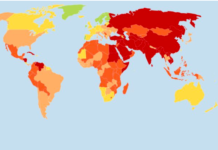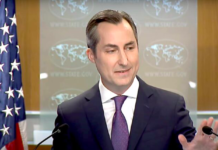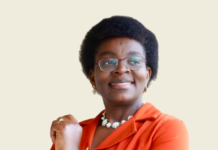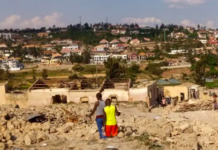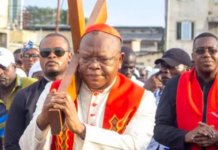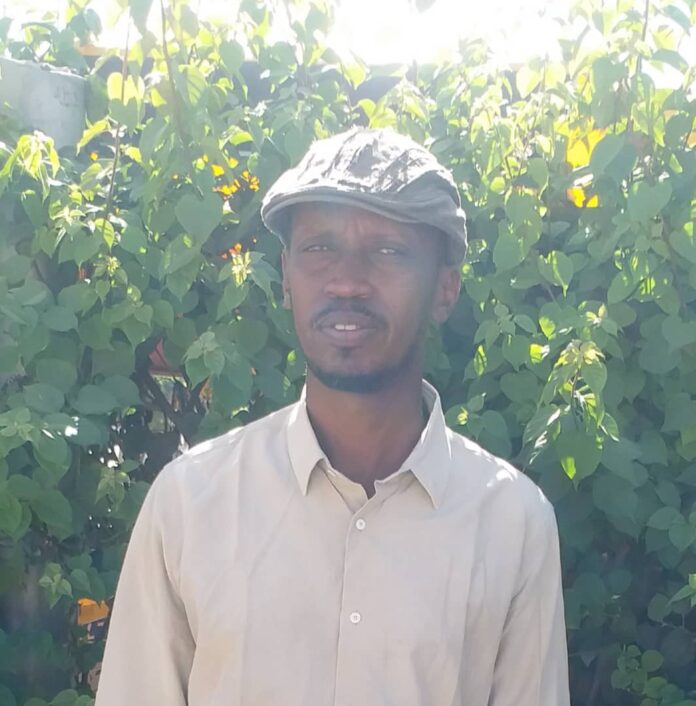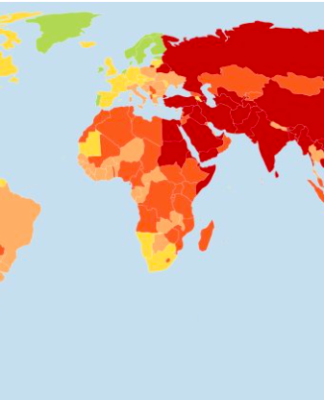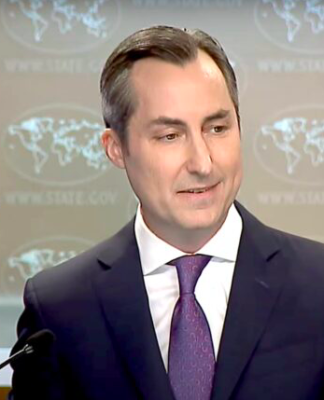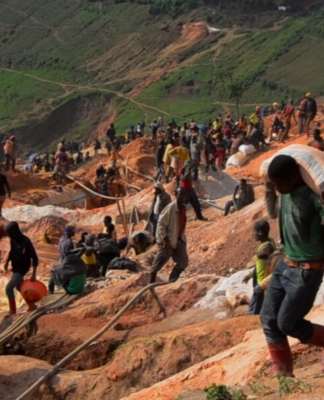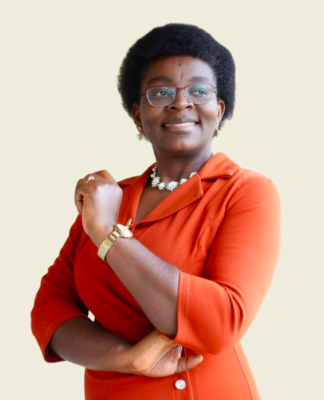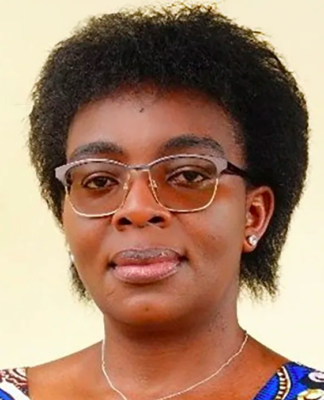By Prosper Bamara
In Rwanda, the policy of ethnic and regional balance was not intended to disadvantage the Tutsi population. If that were the aim, the regional aspect of the policy would have been eliminated. Although this policy did not fully achieve its goals, it was nothing more than an attempt to find solutions to complex issues. Globally, policies are tested; some succeed, others fail. The concept of balance was seen as a way to distribute the limited resources available equitably. Fundamentally, it was not a flawed idea.
In educational settings, children were mobilized and counted by ethnicity, a process I personally went through. While some argue this was problematic, I believe it did not cause harm as it was merely a method to ensure the implementation of government programs. However, there were disparities in educational opportunities. Tutsi students sometimes missed out on schools they qualified for based on their scores, as did many Hutu children, often due to their geographical origin or poverty—a situation that persists to this day.
In the military and gendarmerie, Tutsis faced significant exclusion. This exclusion was a flaw that could have been corrected without resorting to violence. The actions of Minister Karemera, who allowed children returning from Uganda (say, from Umutara) to qualify with scores of thirty percent while children from within the country needed fifty percent, were particularly egregious. This was a thousand times more appalling than the ethnic balances promoted by the MRND party. It is crucial that Karemera be held accountable, either in court or before the parliament, to justify his actions and explain the general benefits he intended to protect.
This analysis aims to provide a neutral perspective on Rwanda’s attempts at ethnic and regional balance, recognizing both its intentions and its shortcomings. It is essential to continue scrutinizing such policies critically, particularly under the current administration led by President Paul Kagame.

